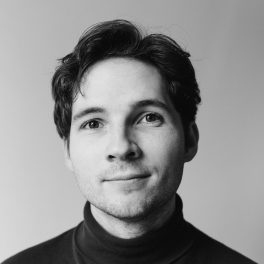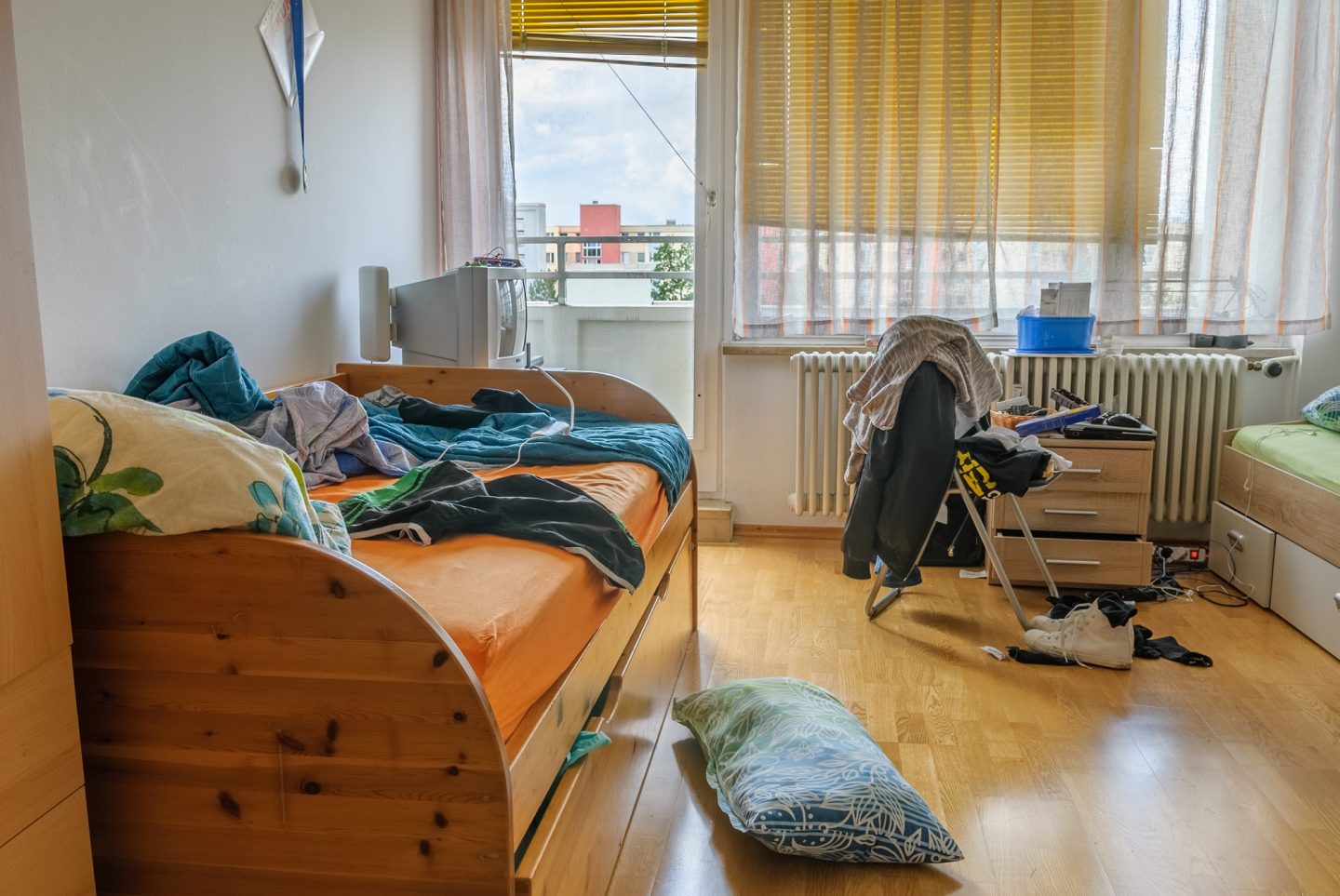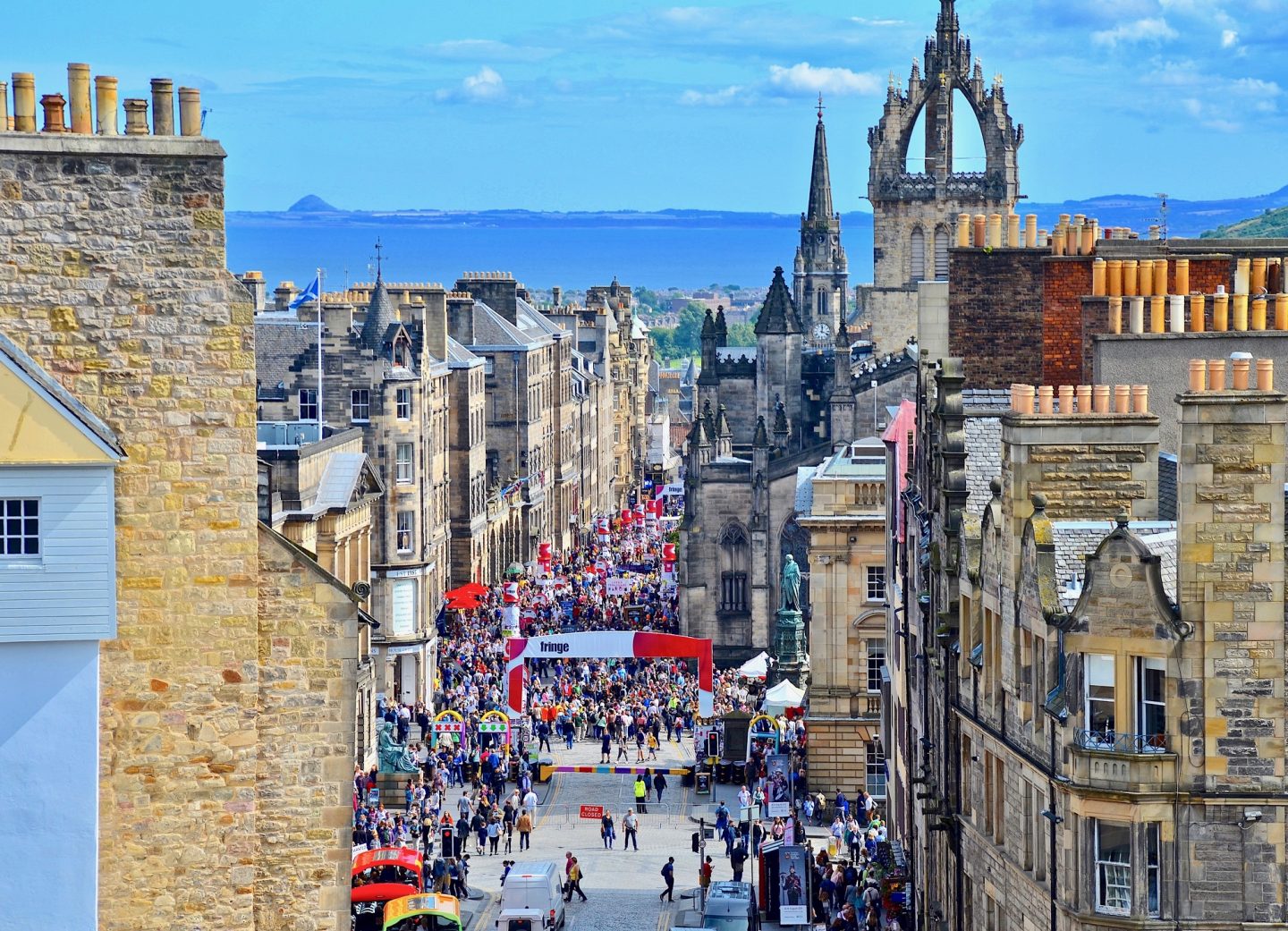
Walter Marsh
Walter is a writer and editor living on Kaurna Country.

Each festival season the city swells with visitors, performers and workers. But while hotel bed numbers are often trumpeted in end-of-season economic reports, finding affordable accommodation can be a difficult grind for many artists.
“It’s always a bit hard when people are travelling from interstate or around the globe, so finding them a home away from home can be a struggle,” Adelaide Fringe artist and venue administrator Marina Sartoretto tells The Adelaide Review.
With many artists balancing slim margins with overheads that include venue, travel and technical costs, finding a cost-effective place to stay can be a decisive factor in whether acts can make a Fringe run work.
It’s proved a growing problem for many festival cities, with Edinburgh’s rising Fringe-period rents exacerbated by recent changes to rental laws designed to protect tenants having the unintended effect of upsetting the time-honoured cycle of Fringe artists temporarily leasing student accommodation newly vacated after exams. A call for Edinburgh hotels to offer up free or discounted rooms to artists was, unsurprisingly, shot down by the local hotels association.
On Tuesday night the Adelaide City Council passed a motion to investigate an ‘artist village’ to provide affordable accommodation during March and April. Council staff will now “will work with [their] strategic partner, Renew Adelaide, to identify vacant commercial properties that may be suitable for temporary accommodation” ahead of the 2021 festival.
“The issue was first raised with me by Heather Croall from Fringe but I’ve also heard from others in the arts industry that the lack of affordable accommodation can deter artists from coming to Adelaide,” Councillor Robert Simms says of his motion.
Official data on how and where artists are housing themselves is scant, but Simms says he has “heard of artists couch surfing who can’t find accommodation”. While the idea of a pop-up shanty town for artists also touches on popular ideas like ‘activating’ under-used city real estate and bringing itinerant artists (and their own spending power) back into the CBD, the call for council intervention comes as more ad hoc arrangements have fallen over.
“When we first started Gluttony, we had people stay in the RAH nurses’ quarters on Frome Road,” Gluttony director Daniel Michael says. “It was cheap, and it was close, it was a great location. But there was an organisation from Edinburgh called Nestival who tried to get the quarters up and going as a Fringe accommodation hub, and they encountered significant hurdles in trying to make that happen.
“The fact that that building sat empty, and we have artists travelling 30-40 minutes out of the city because they can’t find affordable accommodation is disappointing.”

For its part, Sartoretto and the Fringe team have been working to grow a network of locals happy to host a visiting artist. “We have a couple of [email] campaigns that happen pre-season to get the word out that we’re looking for spare rooms and affordable options for artists,” she says.
“It’s a bit of a mixed bag; we have a few people who currently use sites like Airbnb and spareroom.com who get in touch and say, ‘hey, we usually have a room we rent out’, but we also have friendly people who don’t use those sites but have rooms available or have heard through friends that we’re looking. A lot of them also have family in shows, or are already participating in Fringe and know there are always people needing rooms.”
This year Sartoretto says between 30-40 hosts have been recruited and advertised through the Adelaide Fringe’s artist registration portal. “I’ve had about 16 of those rooms filled – we’re only a couple of days out from Fringe now so hopefully those last ones will be snapped up too.”
But in a festival teeming with visiting acts, these numbers account for a tiny proportion of temporary Adelaide residents. More commonly, Sartoretto says, artists and workers are turning to informal online and offline networks such as housing or festival worker groups on Facebook to find a spare room or go in on a short-term rental or Airbnb.
“A lot of people bind together in Facebook groups, they all sort of get together and will look for Airbnb options or houses that they can share together through the season,” she says. “They do tend to steer away from hotel rooms, because it’s just a bit impractical – you need access to amenities and laundry facilities, cooking and cleaning as much as possible. They mostly look for short leases – some of them stay for a good month – so I know a lot of people band together to book a whole flat.”
“The most common challenges I see are festival workers attempting to get the golden trifecta: affordable, in close proximity to work & comfortable, but often have to settle for only two of those,” says Shaylee Leach, a festival worker and administrator of Facebook group Queer Housing Adelaide. “On the worse end of the scale I’ve seen people scammed out of money for deposits, or have had fellow temporary housemates flake on them at the last minute.”
According to Michael, the growing reliance on services like Airbnb risks replicating some of the problems found in Edinburgh. “In Edinburgh there’s a real culture of people letting out their place and going to Spain for the month because of the sort of money they can get,” Michael says. “Most artists can’t afford the really good apartments in the city.
“[In Adelaide] performers stay where they can afford to – this year and the last couple of years it’s been the worst ever. It’s great for tourism at the state, but when they stay in Belair, Norwood, or all over the state, they’re further out and to be quite honest they probably spend less while they’re here.
“The artists who are doing it all themselves, they’re the ones who are struggling the most. The smaller and medium-sized artists have less money to spend, less resources, they don’t have producers or assistants so maybe don’t book as early as they could or should and miss out on the cheapest and closest places.”
As a result, many continue to rely on the most cost-effective option: crashing at a friend or acquaintance’s place. “We have about 10 people staying with us during the festival,” says musician and publicist Koral Chandler. “Sometimes friends pop in for a night or two and they sleep on our deck in a swag – one year somebody slept in our bath!
“We laugh about it, but it is a bit of a worry that this industry really cannot support itself properly,” she reflects. “It’s a massive problem in Edinburgh where some artists have to pay about $10,000 to stay there for five weeks. That is basically their entire budget.”
The “growing pains” Adelaide is currently experiencing, Michael says, present an opportunity to avoid the problems that make Edinburgh a loss-making exercise for many artists. In the mean time, artists will continue to try to make it work.
“As much as people think artists are all competing for ticket sales, there’s a huge sense of community when it comes to artists, local and international,” Sartoretto says optimistically. “Because a lot of festival people travel the world and meet all sorts, there are so many Adelaide locals who open their houses up to people they know are coming to town, or friends of friends. I know there are a lot of people in the Adelaide Fringe office, and venues who offer their mates’ rooms up too. Although it’s a huge festival, it does have that communal base.”
As a longtime festival worker, Sartoretto has also experienced this often-unglamourous hustle firsthand. “I’ve done the Edinburgh runs and know what it feels to try and find a home in other parts of the world. But because I’ve been doing it for around five years I’m very lucky to have a bit of a base of friends – in previous years I’ve stayed in storage rooms, on a mattress on the floor.
“That’s the nature of Fringe as well – you do have times where you might be on an inflatable bed in a tiny, dark room filled with boxes. But it’s only for a month at a time!”

Walter is a writer and editor living on Kaurna Country.